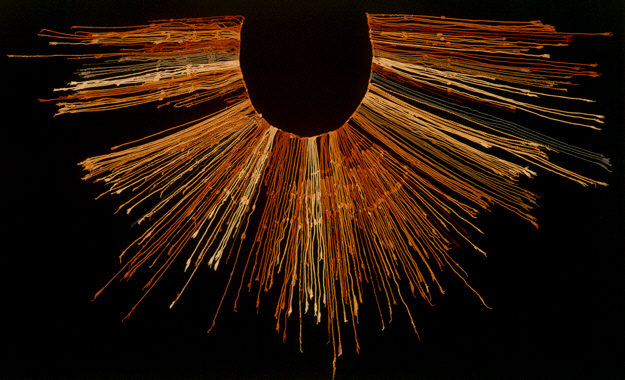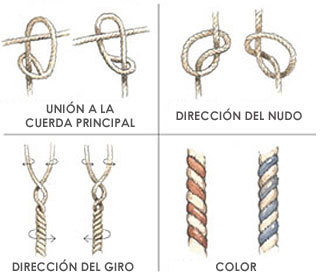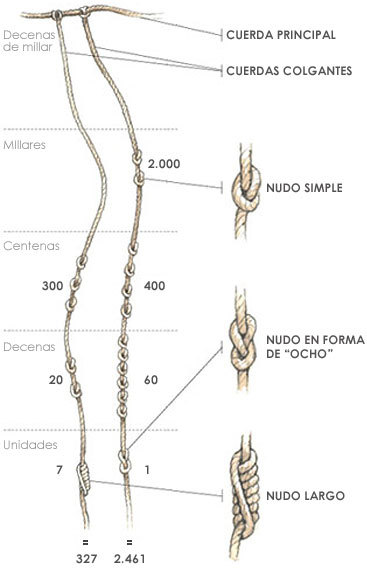
Ready to experience the wonders of Peru? Get in touch, and we’ll help you plan the adventure of a lifetime!

Ready to experience the wonders of Peru? Get in touch, and we’ll help you plan the adventure of a lifetime!

Email Consent Notice
By checking the box, you consent to PeruVisit.com collecting and processing your email address for the purpose of sending newsletters, promotional offers, and information about tours in Peru.
You acknowledge and understand that:
For full details on how we manage personal data, please refer to our Privacy Policy.
It's commonly believed that the Inca civilization lacked a writing system, a notion put forth by Spanish colonizers. Some researchers speculate that the conquistadors might have aimed to diminish the perceived level of development of the conquered culture by asserting this claim.
Indeed, the Incas didn't possess writing in the conventional sense. However, they had a method to record information they deemed crucial. Instead of inscribing symbols, the Incas tied knots on strings, which were then interwoven together. This intricate process resulted in a unique kind of "document" - the quipu.

"Khipu" or "quipu" in the Quechua language translates to "knot." A khipu consists of a horizontally arranged main cord made of cotton or llama wool, with vertically attached strings bearing knots. The ropes are spaced at varying distances. In the language of the khipu, everything carries meaning: the separation between the ropes, the color of the cords, the number of knots, the manner in which the knot is tied, and even whether the knot is tied clockwise or counterclockwise!


The history of the khipu predates the Inca civilization by a significant margin. Some specimens date back to far more ancient cultures like the Wari (XII-XII century CE) and Caral (XXVII-XXI century BCE). Sadly, the majority of khipu hasn't endured the test of time; worldwide museums boast only around 800 surviving examples. When we consider those held in private collections, it's estimated that roughly 1000 khipu have endured to this day. These ancient strands of communication not only connect us to the Inca but also offer a glimpse into the enigmatic threads of civilizations long past.
Scientists believe that two-thirds of the preserved khipu bear records of an economic nature. These intricately tied cords unveil a world of meticulous bookkeeping, documenting details ranging from population counts and harvest yields to tax assessments and military forces. Yet, amidst this wealth of information, a mystery lingers. Many khipu remain undeciphered, concealing not just numerical data but, intriguingly, potentially holding the key to verbal records.


Get in touch, and we’ll help you plan the adventure of a lifetime!